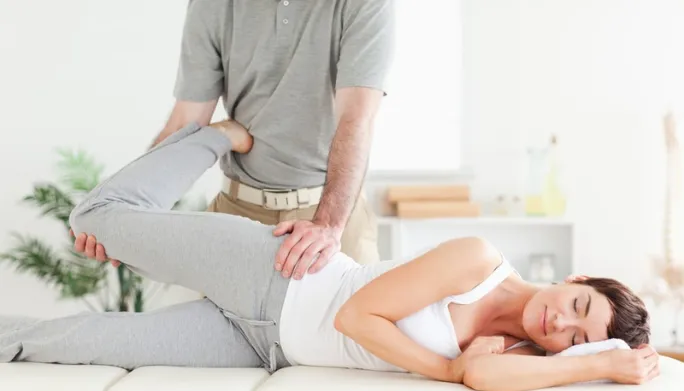How To Sleep Better Lehigh Valley

REST Assured, These Tips Will Lead You to the Best Night’s Sleep of Your Life.
You probably already know that sleep is very important for overall health, but it could also be hampering your body’s ability to heal properly from pain or injury. This is part to deal with how long you sleep, when you go to sleep and also the quality of that sleep. Making sure to optimize each of them for your lifestyle is critical with your ability to recover.
How Long to Sleep
Of course the standard is 8 hours, but not everybody is the same. This is certainly a good place to start, but can vary depending on your activity level as well as if you are optimizing your sleep (don’t worry, that gets covered below). As long as you are waking rested and not crashing during the day it is probably enough
When to Sleep
Recovery for sleep is broken into two main time chunks. The first period is for physical recovery which happens between 10pm and 2am. Next comes mental/emotional/psychological recovery between the hours of 2am and 6am. When missing that 10pm bedtime it can have a dramatic impact on the body’s ability to recover at all. The reason that 10pm-2am is so important is that more growth hormone and testosterone are released. These are often thought of as male hormones, but are important to everybody if they want to recover.
This of course is not always an easy thing to do and you might be a night owl, however, it is tough to go against the physiology of the body. Those are the hours that the body is hardwired to perform recovery in each respective area. If you are not as healthy as you want or are just not recovering properly this is something to consider and really focus on getting to bed during your physical recovery time.
Improving Sleep Quality
Just because you are getting to bed at the right time and are getting enough sleep, this does not mean that you are sleeping well. Here are a few tips to help get the most out of your sleep even if the times you are sleeping at are not ideal.
-Cut Screen Time and Dim Lights One Hour Before Bed
The blue light from devices or bright lights can stimulate your body and not allow it to shut down. This also hampers your ability to release melatonin which helps you get to and stay asleep.
-Sleep in a Cool Environment
The ideal temperature ranges from about 60-68 degrees. Play around with it and see what works for you.
-No Caffeine After Noon
The half life of caffeine is about 6 hours. This means that if you have a cup of coffee (~200mg of caffeine) that 6 hours later you will have ½ of it (100mg) still in your bloodstream.
-Blackout Your Room
This goes along with cutting screen time and dimming the lights. It is very important to optimize your environment and cut out all artificial light. This means windows, alarm clocks, etc.
-Calm Your Mind
See the section on mindfulness. Another tip with this can be keeping a pen and paper if you are afraid that you will forget something, you can just write it down.
-Move Your Body Daily
If your body doesn’t work very hard physically, then it can just stay wired
